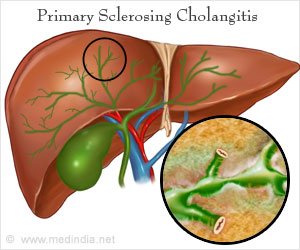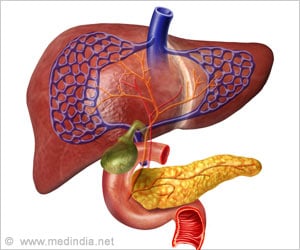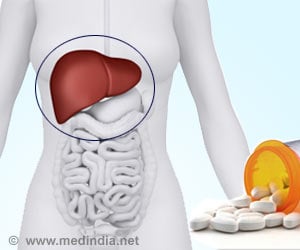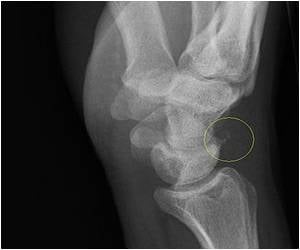Changes in the intestinal microbiota are specifically associated with primary sclerosing cholangitis, suggested researchers from VIB, UZ Leuven and KU Leuven.
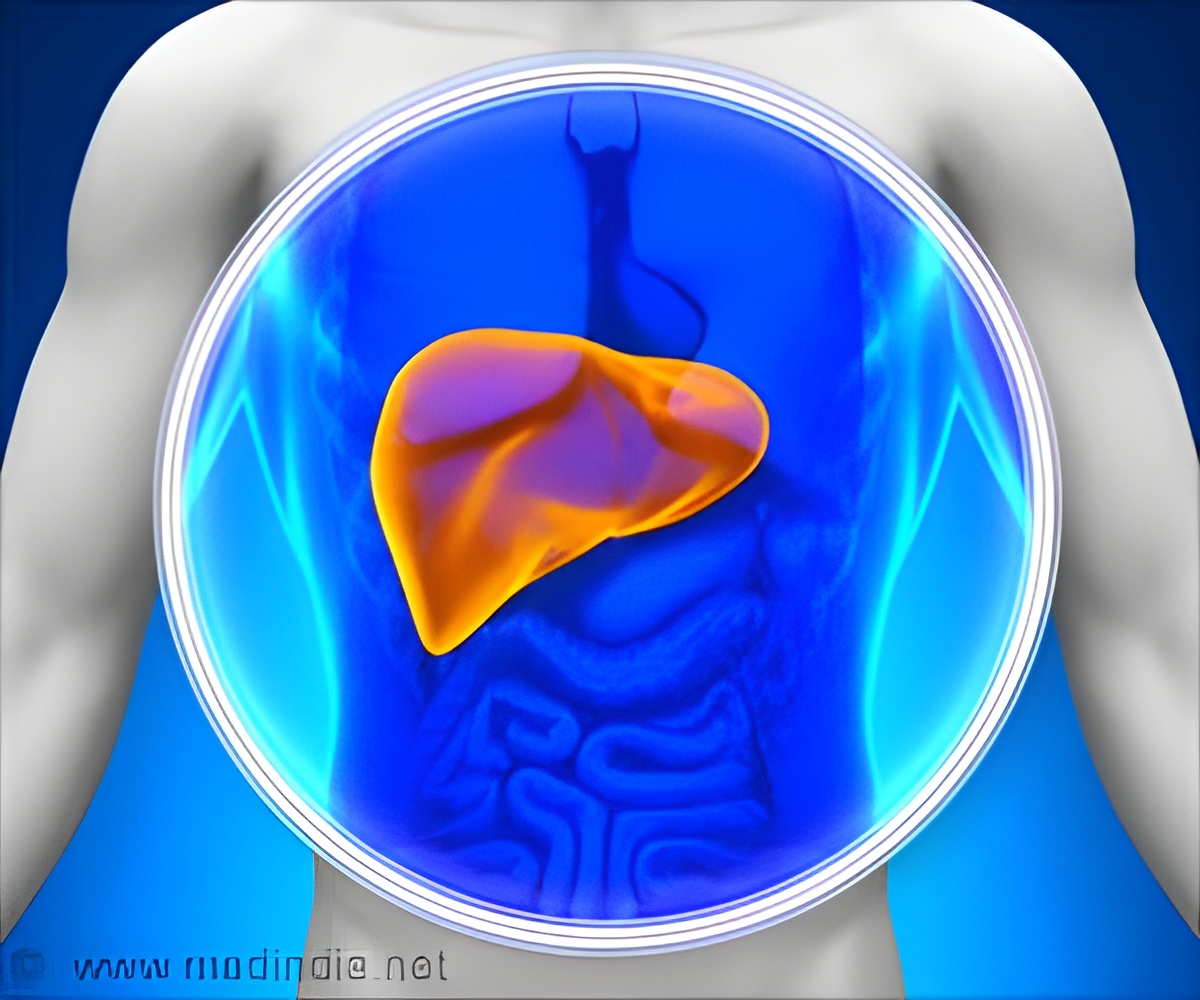
‘Changes in the intestinal microbiota are specifically associated with primary sclerosing cholangitis, a liver disease with no effective medical treatment.’





These novel insights are the result of a long-standing collaboration between the research groups of prof. Jeroen Raes (VIB/KU Leuven) and prof. Severine Vermeire (KU Leuven/UZ Leuven). Combining their expertise in metagenomics of the gut flora (Jeroen Raes lab) and clinical expertise in gastroenterology (Severine Vermeire lab), they make a successful alliance for unraveling the role of gut flora in the development of gastro-intestinal diseases. The first results of this collaboration are now published in the leading scientific journal Gut. Prof. Jeroen Raes (VIB/KU Leuven) said, "Using massive DNA sequencing, we compared the gut bacteria in patients with PSC and in healthy people. Based on the differences found, we could develop a signature to diagnose PSC based on gut bacteria. Although very promising, our findings now need to be confirmed before they can be used in clinical practice."
The findings may not only lead to a novel diagnosis tool of PSC, they may also be the starting point for developing microbiota-based therapies. But there is still a long way to go.Prof. Severine Vermeire (KU Leuven/UZ Leuven): "In the future, gut bacteria may be used to help identify PSC patients with a more or less aggressive disease, or patients that may benefit from microbiota-based therapies, such as fecal microbiota transplantation or targeted pre- and probiotics."
Both teams are planning to further investigate the complex interactions between the immune system and the intestinal microbiota in PSC patients.
Source-Eurekalert


